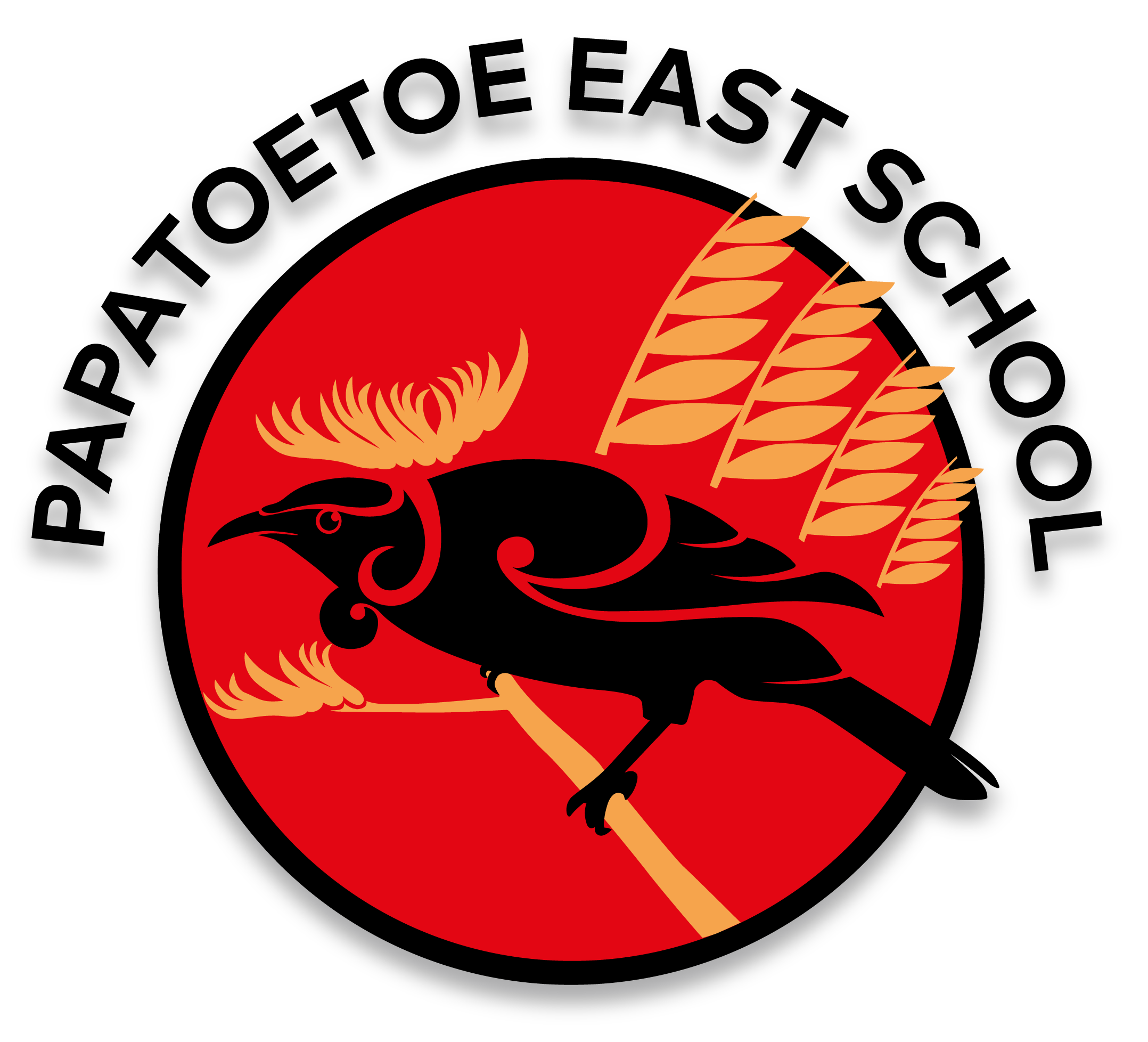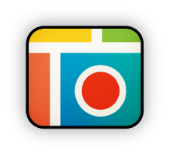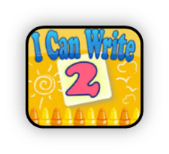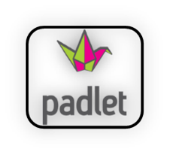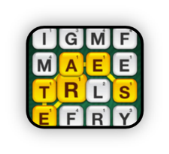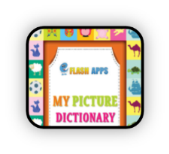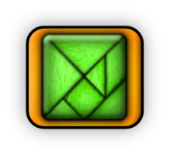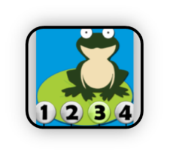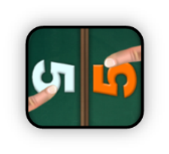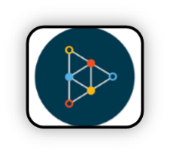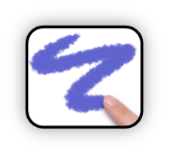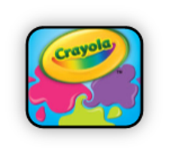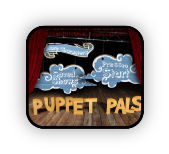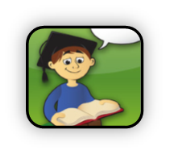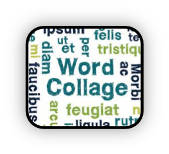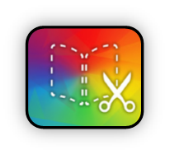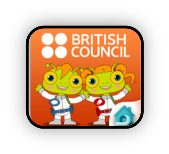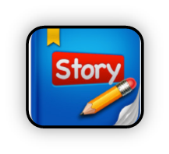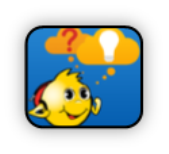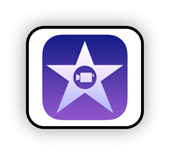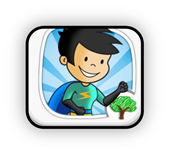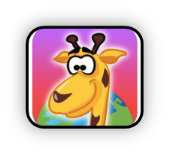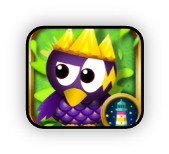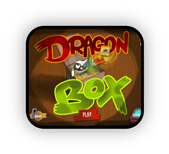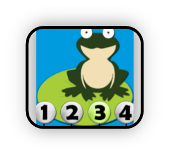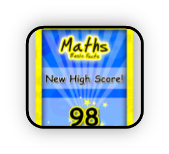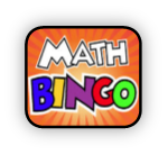e-Learning
e-Learning Vision
To establish an e-Learning environment where digital tools are consistently utilised to engage and motivate students, in order to enhance learning and encourage creativity, collaboration, and communication.
Our students need to be confident and capable users of ICT and understand how to use ICT effectively across the curriculum. Just like the ability to read and write, ICT literacy is now an essential life skill, empowering students to access, manage, integrate, evaluate, communicate and create diverse information through engaging with information and communication technologies. e-Learning can contribute directly to the development of the Key Competencies as outlined in the NZ Curriculum – managing self, relating to others, participating and contributing, thinking, using language, symbols and texts.
(Enabling the 21st Century Learner, MOE, 2006)
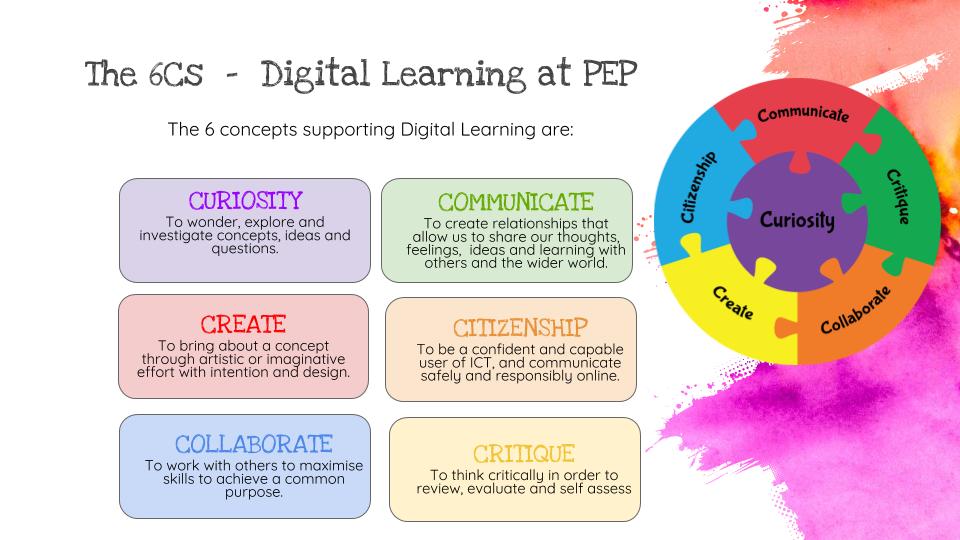
Information Communication Technology
At our school we believe that the use of ICT (Information Communication Technology) as a tool for learning enriches the learning experiences of students by enabling access to knowledge, information and experiences from a wide range of sources. The use of ICT, to access the curriculum, encourages critical thinking, imagination and creativity, problem solving, innovation and collaboration and reflection. Therefore, the use of ICT tools is an integral feature of teaching and learning at our school, within our learning environments, which encourages choice, flexibility and collaboration. We aim to help students use ICT to develop the skills and knowledge they need to become lifelong learners in a digital and global community.
Digital Citizenship
Drawing from the Key Competencies and Values in the NZ Curriculum and the growing body of research knowledge, NetSafe has produced this definition of a New Zealand Digital Citizen:
● is a confident and capable user of ICT
● uses technologies to participate in educational, cultural, and economic activities
● uses and develops critical thinking skills in cyberspace
● is literate in the language, symbols, and texts of digital technologies
● is aware of ICT challenges and can manage them effectively
● uses ICT to relate to others in positive, meaningful ways
● demonstrates honesty and integrity in their use of ICT
● respects the concepts of privacy and freedom of speech in a digital world
● contributes and actively promotes the values of digital citizenship
Papatoetoe East Primary School has developed a policy for Digital Citizenship which incorporates considerations for cybersafety. Students explore these concepts as part of classroom programmes and information literacy lessons in the Library Information Centre. Families and staff members are encouraged to read and sign agreements for the responsible use of digital technology.
Click on these links to read more.
Download Digital Citizenship Agreement
For more information to support parents with tips and advice for managing children's online activity, please visit the New Zwaland Netsafe website:
At Papatoetoe East School, we use a range of ICT equipment to support teaching and learning. These include Chromebooks, ipads, TV’s, Apple TV, Chromecasts, coding and robotics equipment, Macbooks and Windows devices. We use a variety of online tools to support learning. Teachers will regularly use different online tools to engage students, inspire innovation and facilitate collaboration. Some examples of good websites to support learning can be found on the 'DISCOVER' page. Some suggestions for iPad apps are listed below.
Apps we recommend
